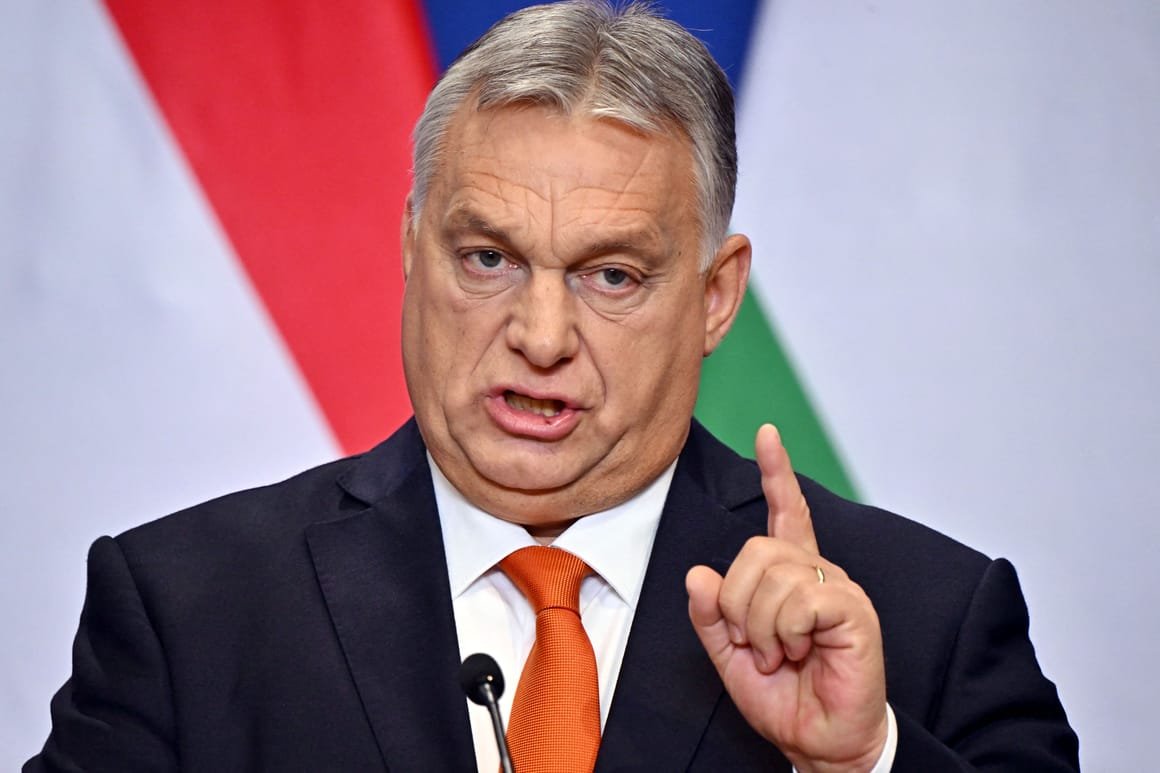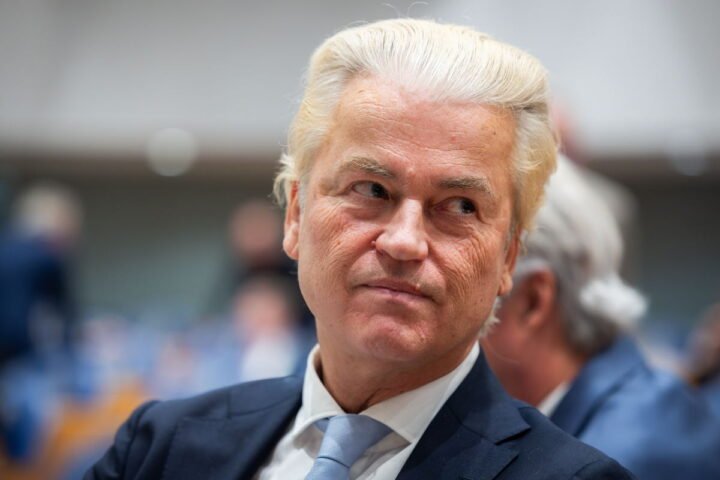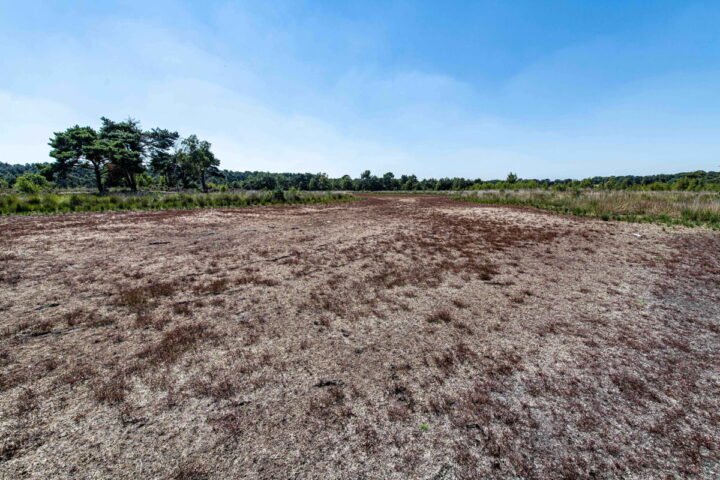Hungarian Prime Minister Viktor Orban has renewed calls to significantly bolster Budapest’s soft power in Romania’s Transylvania region, reaffirming a long-standing policy of direct support for ethnic Hungarians abroad and invoking historic grievances linked to Hungary’s post-World War I borders.
In a wide-ranging video interview published on July 5 with Transylvania-based daily Kronika, Orban emphasized the continuation—and likely expansion—of Hungary’s cultural, educational, and financial support for ethnic Hungarians living outside its borders, particularly in Transylvania. Framing this approach as “caring for one Hungarian nation divided by borders,” he rejected the idea that these efforts are merely political favors or gifts.
Orban also highlighted Romania’s economic challenges under its new government, while omitting discussion of Hungary’s own economic difficulties. At the same time, he reiterated a historical narrative central to his political messaging: that the 1920 Treaty of Trianon, which dramatically reduced Hungary’s territory and population after World War I, condemned the country to be “small and poor”—a condition his government now seeks to reverse.
“For more than 100 years, they wanted Hungary to stay small and poor. But we want it to be big and rich,” Orban said in the interview, echoing rhetoric that has stirred unease across Central and Eastern Europe.
Budapest’s growing influence campaign
While formally framed as diaspora support, Hungary’s soft power efforts in neighboring countries have long raised concerns. Through cultural diplomacy, media investments, religious programs, and funding for NGOs, Budapest has built an extensive network of influence across parts of Romania, Slovakia, Serbia, and Ukraine.
However, critics note that this strategy increasingly resembles a political pressure campaign. As detailed in Daily News Hungary, Orban confirmed that Budapest’s engagement with ethnic Hungarians abroad will intensify ahead of Hungary’s next elections, despite backlash from both national governments and European institutions.
In Romania, Slovakia, and Ukraine, Hungarian authorities have previously come under scrutiny for the distribution of Hungarian passports to residents of Hungarian-populated regions—an approach widely seen as bypassing host countries’ sovereignty. European institutions have repeatedly criticized Budapest’s practice of involving these populations in Hungarian electoral campaigns, a move seen as blurring the line between cultural outreach and foreign political intervention.
“Greater Hungary” rhetoric alarms neighbors
Orban’s invocation of Hungary’s pre-Trianon borders, and his government’s overt nostalgia for “Greater Hungary,” continue to fuel accusations of historical revisionism. While Budapest officially maintains that its diaspora policy is cultural and humanitarian in nature, its symbolic gestures and political discourse often suggest otherwise.
Neighboring countries and EU officials increasingly view these signals as destabilizing, especially amid growing nationalist sentiment and broader geopolitical instability in Central and Eastern Europe. The Hungarian government’s messaging is seen as encouraging irredentist sentiment among parts of its diaspora, while undermining trust with neighboring governments.
Strategic friction in a turbulent region
Budapest’s soft power expansion comes at a time of heightened regional sensitivity. Orban’s statement that “Europe is moving not toward peace, but toward war”—along with his characterization of Donald Trump and the U.S. as peace-seekers, and Europe as aiming to “defeat Russia on the Ukrainian front”—places Hungary at odds with the mainstream EU position on Ukraine and Russia.
While Hungary remains an EU and NATO member, Orban’s repeated challenges to consensus policies on sanctions, defense coordination, and rule-of-law standards continue to isolate Budapest from Brussels. His government’s sustained focus on ethnic Hungarian populations in neighboring states risks further diplomatic friction, especially if soft power influence is perceived to be a vehicle for broader geopolitical aims.
As Central Europe grapples with war on its eastern flank and political polarization at home, Hungary’s assertive regional strategy—built on cultural influence and historic grievance—adds another layer of complexity to the fragile equilibrium in the region.










